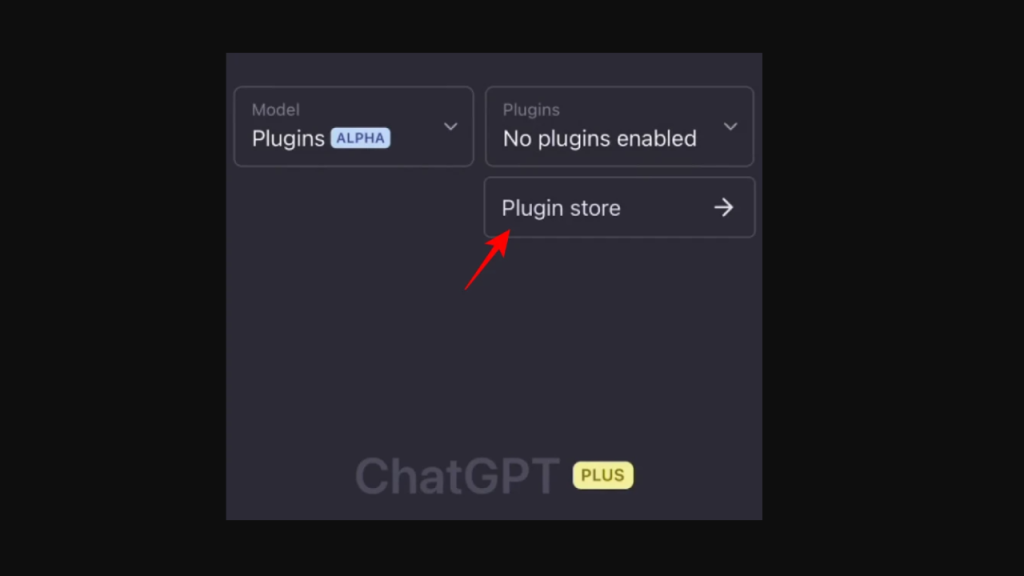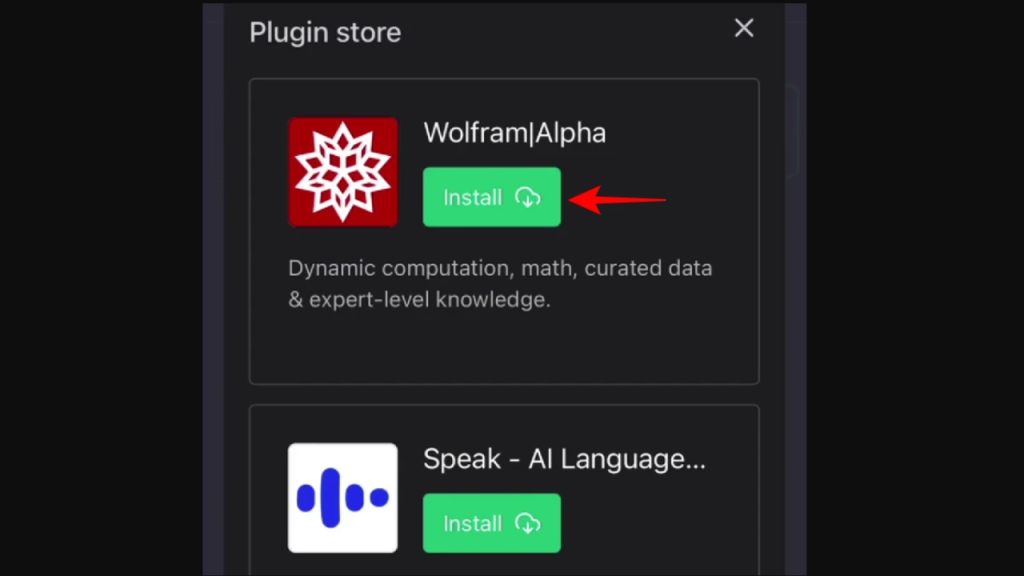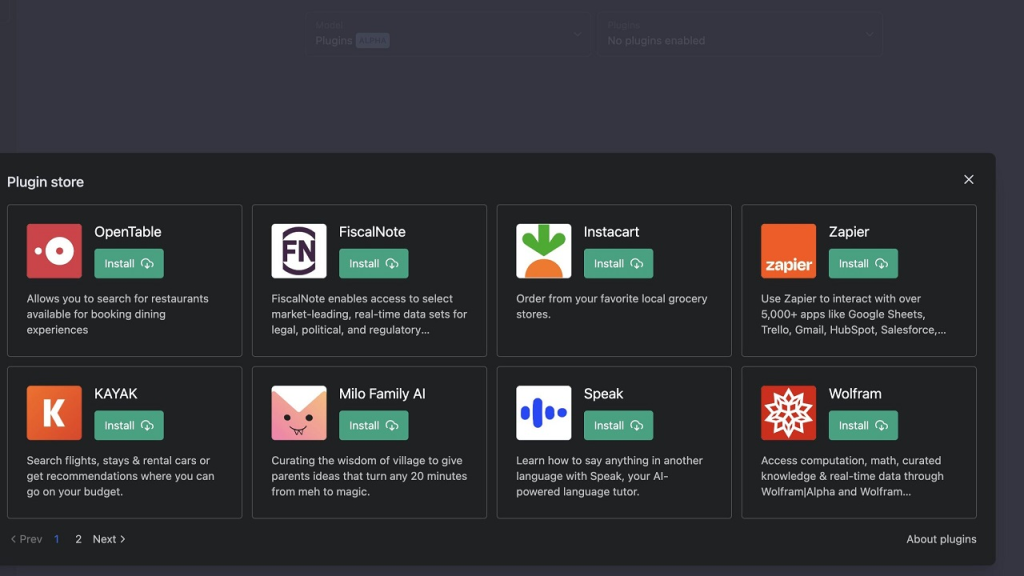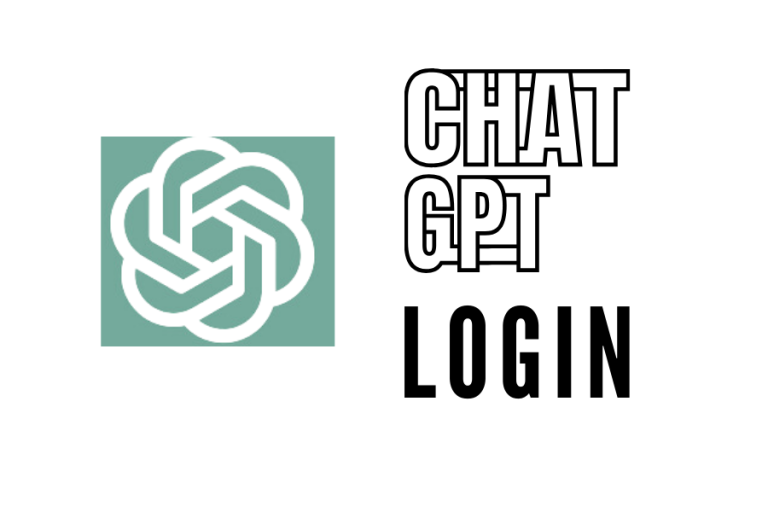How To Add Plugins To ChatGPT: 3 Easy Steps To Install
Plugins are powerful tools that can make ChatGPT, a cutting-edge language model made by OpenAI, even more useful and flexible. This post will provide a step-by-step guide on how to add plugins to ChatGPT and explain the benefits for users who want to install them.
3 Easy Steps To Add Plugins To ChatGPT
To add plugins, follow these 3 steps:
Step 1: Enable plugins in ChatGPT
Before using plugins, ensure that the plugin function is enabled in your ChatGPT environment. On some platforms or setups, this option may be disabled by default. Refer to the instructions or settings to enable plugins.

Step 2: Install ChatGPT plugin

To install a ChatGPT plugin, you need to take these general steps:
- Pick a plug-in: Choose a plugin that provides the desired features.
- Install plug-in: Depending on your system setup, you may need to send the plugin files to ChatGPT server or use package managers like npm or pip for installation.
- Check installation: Verify the installation to ensure it was successful and that all requirements are met.
Step 3: Add or use plugins in ChatGPT
After you install the plugin, you can use its features in ChatGPT. Depending on the plugin and the platform you are using, the way to call a plugin may be different, but in general, it includes these steps:
- Import the plugin: If you are using a code-based interface, you will need to import the plugin module or package into your ChatGPT script.
- Initialize the plugin: Call the plugin’s initialisation method to start it up. To set up the plugin properly, you may need to pass certain parameters or settings during this step.
- Access plugin functions: Once the plugin has been initialized, you can access the functions or methods that give the plugin the features you want. Some of these jobs could be translating languages, summarizing content, figuring out how people feel about something, etc.
- Handle errors: Set up error handling to handle situations where the plugin might not work as planned or have problems.
What Benefits Of Plugins For ChatGPT ?

Plugins increase ChatGPT functionality, letting it do specific jobs and meet the needs of a wide range of users.
- Customization: Users can change how ChatGPT acts and what it says to fit their needs.
- Seamless integration: Plugins work well with OpenAI, so the user experience is united.
- Efficiency: Some plugins simplify complicated jobs, saving users time and work.
- Support for specific domains: Plugins can add knowledge in different areas, making ChatGPT more flexible and skilled.
- Scalability: The way plugins work makes it easy to add new features and make changes.
- Contributions from the community: Developers can add plugins, which helps build a collaborative environment.
Common errors when add plugins forChatGPT
Some of the most common mistakes when adding plugins to ChatGPT are:
- Installation errors: Problems that happen when installing a plugin, such as missing requirements or wrong settings.
- Compatibility problems: Some plugins don’t work with the AI version or platform, which causes problems with how they work.
- Dependency conflicts: When plugins don’t work well with other packages that have been loaded, which can lead to errors or strange behavior.
- Security risks: Installing plugins from sites that can’t be trusted could create security holes.
- Integration problems: It can be challenging to add the features of the plugin to the ChatGPT environment.
- Runtime errors: Errors that occur when you try to use a plugin function with incorrect arguments or data types.
- Impact on performance: Some apps may slow down ChatGPT or make it less responsive.
Conclusion
In conclusion, plugins are a great addition to ChatGPT because they offer many benefits and make it work better. They make ChatGPT a flexible and versatile platform for many apps because they let users change how it works and what it can do.








